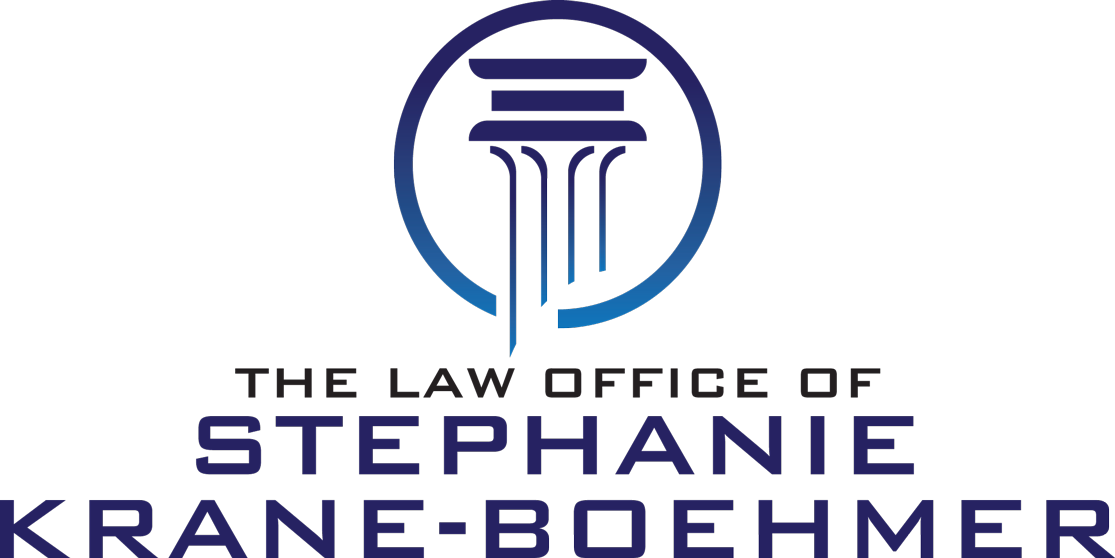Due to the financial implications of Covid-19, the state of Michigan had paused collections including wage garnishments. However, this is no longer the case, and creditors have resumed garnishing wages.
Read on to learn about wage garnishments and how filing for bankruptcy can prevent them from happening.
What is a Wage Garnishment?
Wage garnishment is when your employer receives notice from the court to withhold a portion of your paycheck to pay outstanding debt. This process doesn’t happen immediately, however, as there are several steps a creditor must take. First, a collector is required to file a collection lawsuit in court. If they win, they will receive a money judgement. This judgement includes a written piece of paper issued by the court that authorizes that the creditor can collect a specific amount of outstanding funds owed.
Do All Creditors Need to File a Collection Lawsuit?
Not all creditors need to undergo this process and receive court judgement. For example, some specific creditors like the Internal Revenue Service do not require a court order to proceed with wage garnishment. In addition, the following types of outstanding payments do not require a lawsuit to proceed with wage garnishment:
- Outstanding income tax
- Child support ordered by the court
- Student loan payments
Understanding the Process of Wage Garnishment
If a debt collector has been calling your home and work and you’ve failed to pay your outstanding debt, they may proceed to attempt to garnish your wages. This event is often the result if no effort has been made to pay back any portion of the debt. The creditor, however, is only eligible to receive a percentage of your paycheck according to Federal law applicable in Michigan. For example, creditors can garnish 25% of your earnings (after taxes) or your overall earnings that are 30 times greater than the federal minimum wage. It is important to note that the percentage that creditors can garnish differs according to the debt.
Prevent Wage Garnishment
There are a few ways to avoid wage garnishment! You work hard for your money, and it makes sense to want to protect it. If you pay off the debt within 21 days of receiving the judgement, the creditor will not be able to proceed with wage garnishment. You can also try to contact your creditor directly to negotiate a payment plan.
Filing For Bankruptcy
Another option to prevent wage garnishment is to file for bankruptcy. Bankruptcy provides honest people with a second chance and the opportunity to regain their financial freedom. Filing for bankruptcy will prevent all wage garnishments if a creditor has a money judgement. In addition, bankruptcy can help eliminate other debts as well. When you initially file for bankruptcy, a court order called an “automatic stay” begins. This act limits creditors from garnishment and ends those countless phone calls. Ultimately, the automatic stay stops any foreclosures, evictions and creditors. In addition, this action begins as soon as you file for Chapter 7 or Chapter 13 bankruptcy. However, if you’ve filed for Chapter 7, child support debt does not apply to the automatic stay. In other words, if you file for Chapter 7, you will still be responsible for the payment of your child support debt.
To learn more about how bankruptcy can help with a wage garnishment, contact the law office of Stephanie Krane-Boehmer today.
Keep in touch with Stephanie Krane-Boehmer on Facebook





